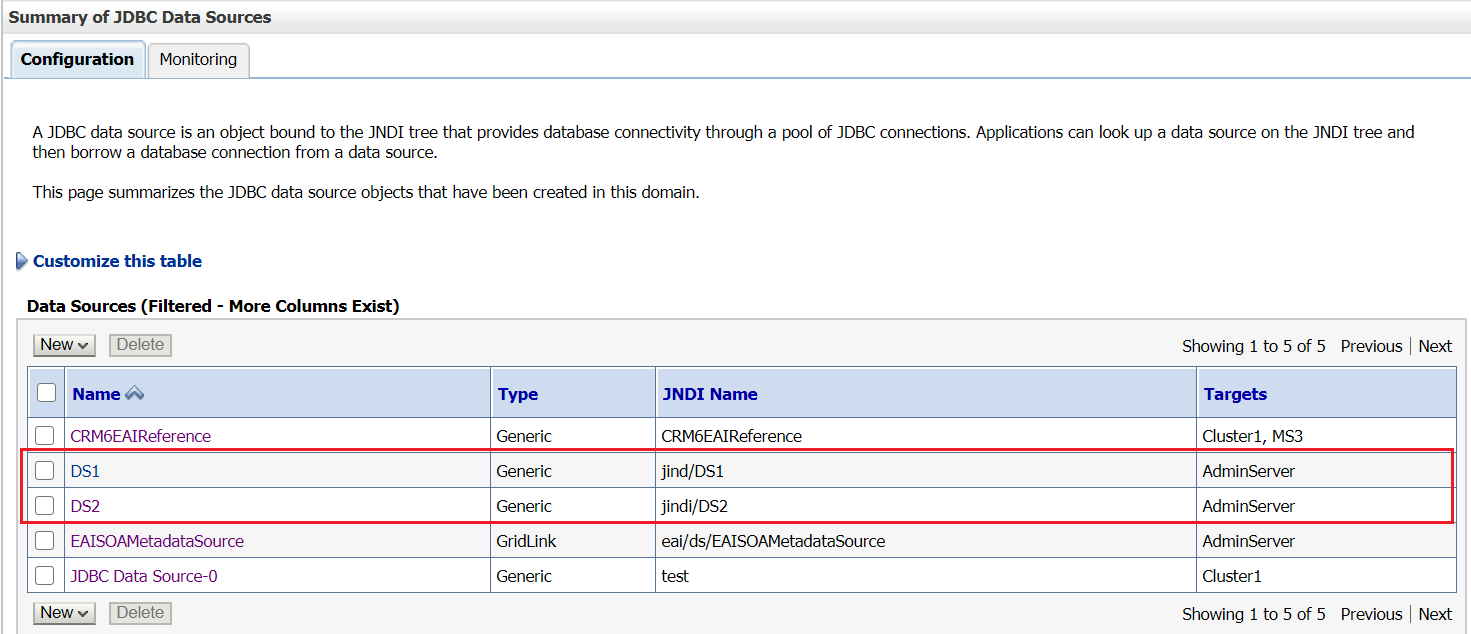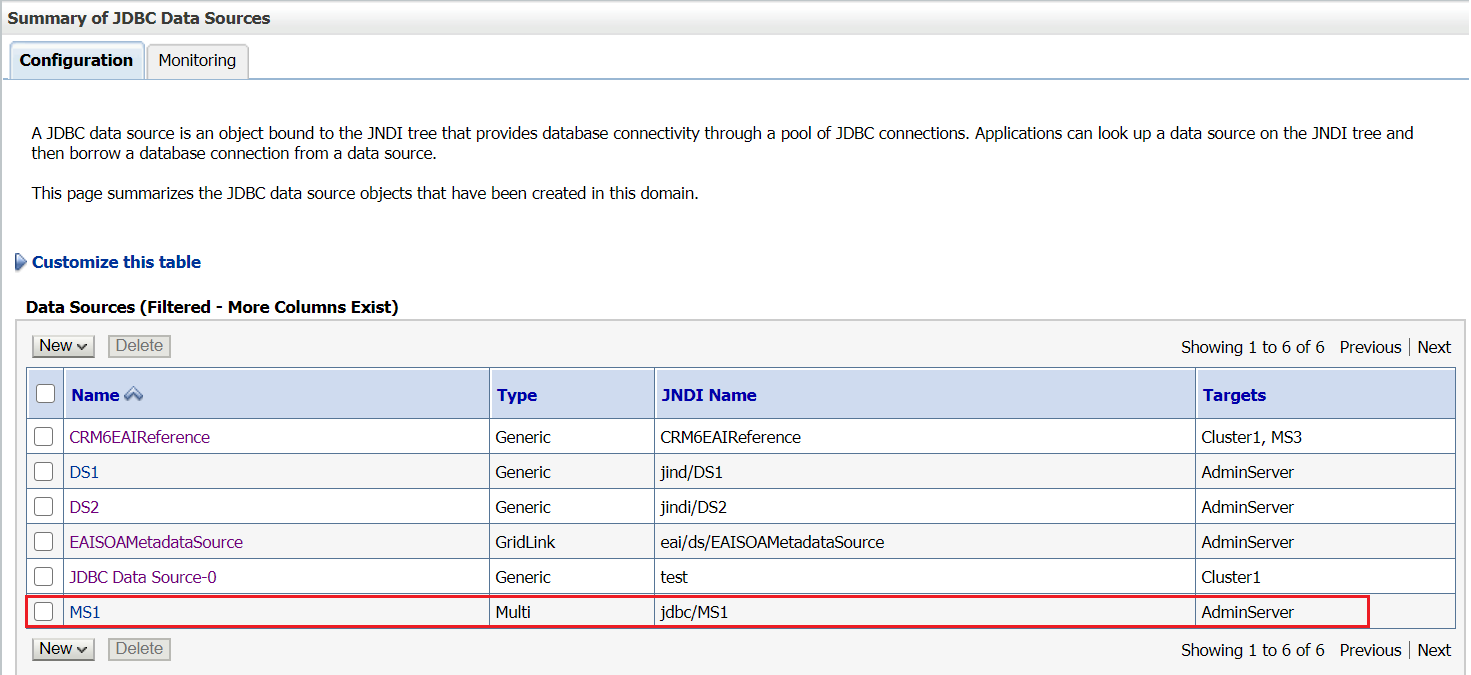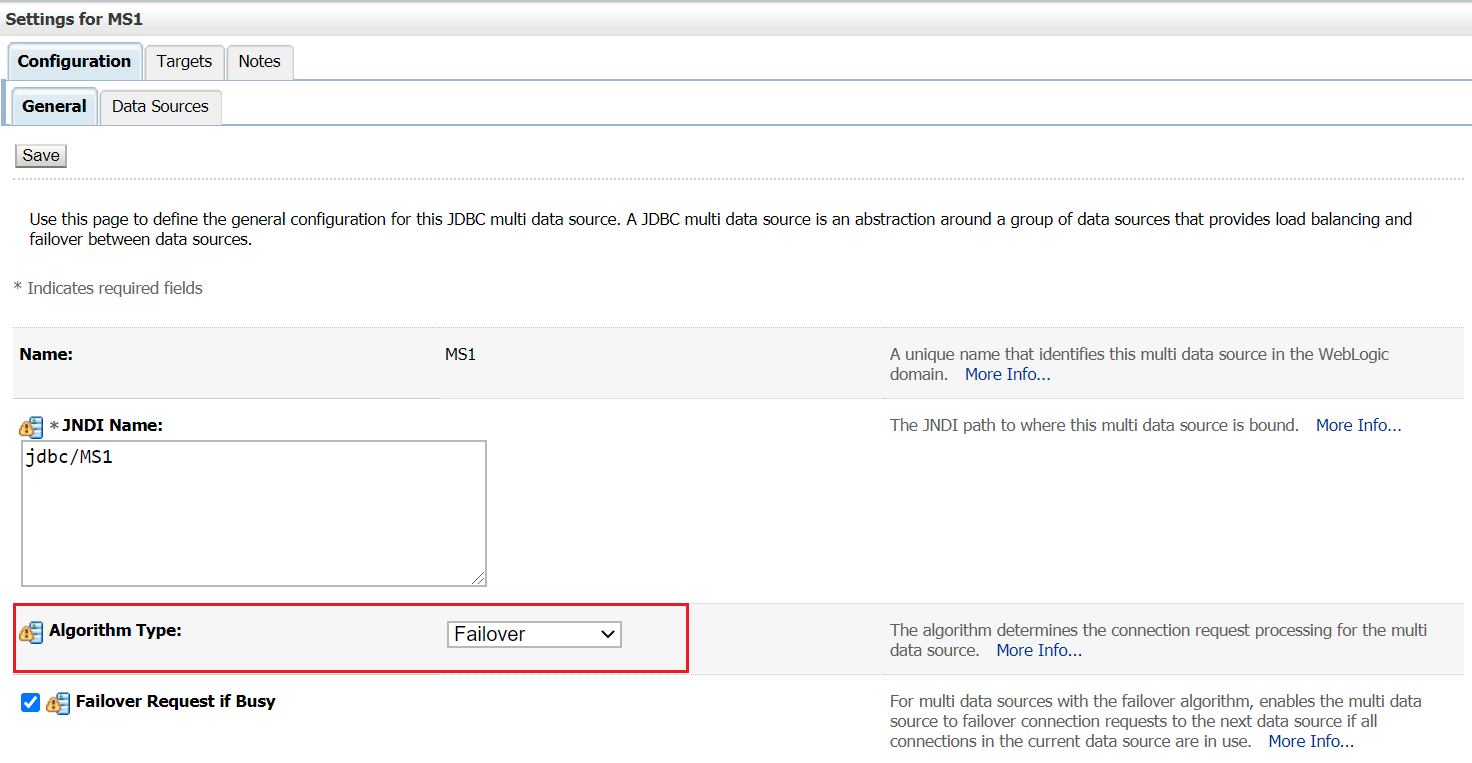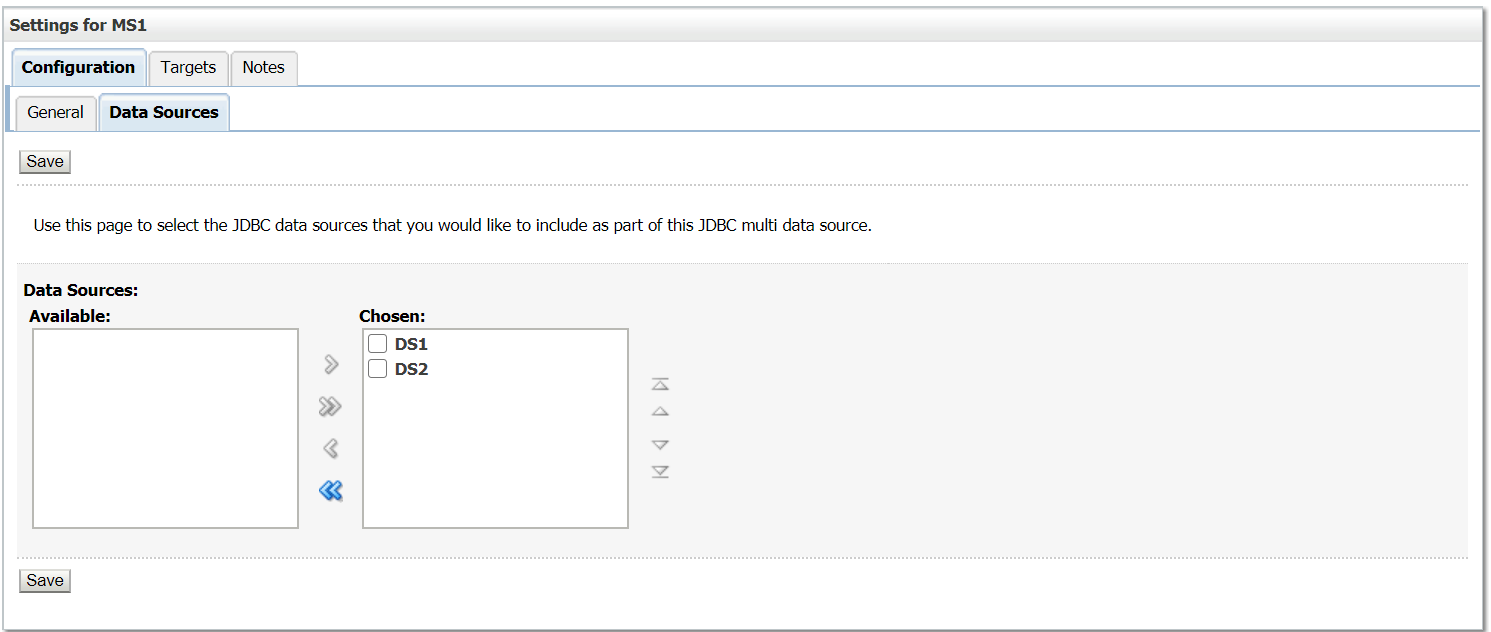Applying the JRF to the weblogic cluster through WLST
Java Required Files (JRF) consists of those components not included in the WebLogic Server installation that provide common functionality for Oracle business applications and application frameworks.
It consists of a number of independently developed libraries and applications that are deployed into a common location. The following components are considered part of Java Required Files: Oracle Application Development Framework, Oracle Fusion Middleware Audit Framework, Dynamic Monitoring Service, Fabric Common, HTTP Client, Infrastructure Security, Java Object Cache, JMX Framework, JPS, logging, MDS, OJSP.Next, Oracle Web Services, Oracle Web Services Manager, Oracle TopLink, UCP, XDK.
Configures a Managed Server or cluster with Java Required Files (JRF). Managed Servers that are added by product templates during the template extension process do not need to be explicitly configured with JRF using this command.
Use the applyJRF command when additional Managed Servers or clusters are added to a domain after it is initially extended with a product template.
The applyJRF command is required any time you add a Managed Server to a JRF-only domain, or if you add a Managed Server that has been configured for JRF to a domain that contains other Oracle products.
When we are creating the core weblogic cluster JRF is not applied by default, the below WLST script will help us to apply the JRF for the weblogic cluster.
It consists of a number of independently developed libraries and applications that are deployed into a common location. The following components are considered part of Java Required Files: Oracle Application Development Framework, Oracle Fusion Middleware Audit Framework, Dynamic Monitoring Service, Fabric Common, HTTP Client, Infrastructure Security, Java Object Cache, JMX Framework, JPS, logging, MDS, OJSP.Next, Oracle Web Services, Oracle Web Services Manager, Oracle TopLink, UCP, XDK.
applyJRF
Use the applyJRF command when additional Managed Servers or clusters are added to a domain after it is initially extended with a product template.
The applyJRF command is required any time you add a Managed Server to a JRF-only domain, or if you add a Managed Server that has been configured for JRF to a domain that contains other Oracle products.
WLST Script
WLST Script
applyJRFToDomain.py
import sys
print "@@@ Starting the script ..."
from java.util import *
from javax.management import *
from java.io import FileInputStream
#The directory of the domain configuration
DOMAIN_PATH= 'C://Albin/SW/Oracle/Middleware/Oracle_Home/user_projects/domains/base_domain'
print 'reading domain from '+DOMAIN_PATH
readDomain(DOMAIN_PATH)
cd('/')
applyJRF('Cluster1', DOMAIN_PATH)
print 'Successfully updated domain.'
updateDomain()
closeDomain()
exit()
Script
https://github.com/techforum-repo/youttubedata/blob/master/scripts/wlst/applyJRFToDomain.py
ORACLE_COMMON_HOME\common\bin\wlst.cmd applyJRFToDomain.py
Now the JRF is applied to the cluster "Cluster1"







